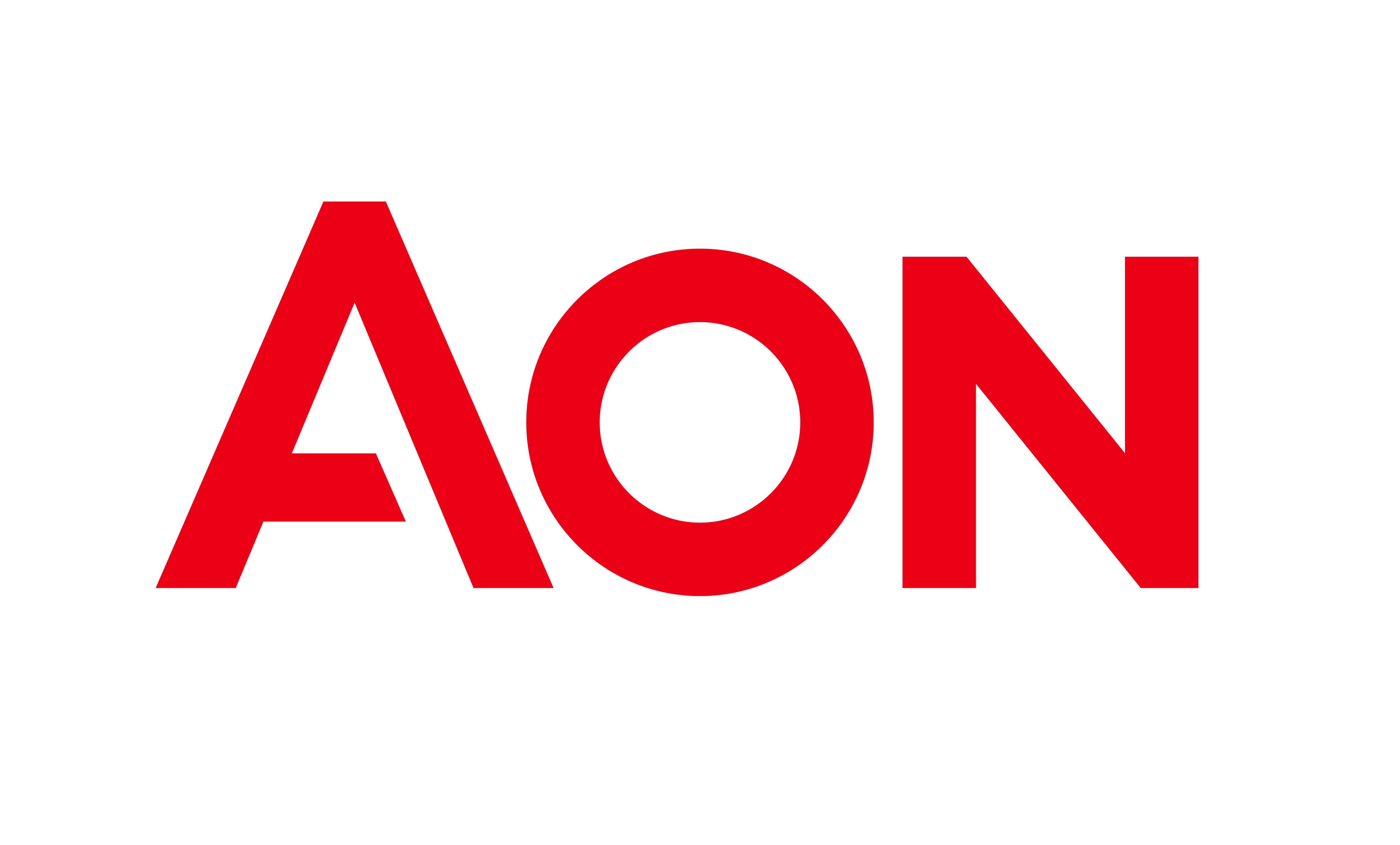Not much has been written or documented about the Korkus. Snuggling comfortably in the lap of nature, the Korkus are one of the lesser known tribes in India. I got a chance to know them closely during a visit to Khalwa block of Khandwa district, Madhya Pradesh.
Set within the breath-taking landscape of Kalibhit forests in the shadow of Satpura range, the area boasts of world’s largest ‘Sagwaan’ forests. The Khalwa block in the district is home to one of the largest settlements of the Korku tribe. These settlements are about two to three-hour drive by road from district headquarters in Khandwa and about seven hours’ drive from Indore.
The area is a designated as a ‘Schedule 5’ area and is also earmarked as an aspirational district by the NITI Aayog. In simple terms, this means that it is one of the most vulnerable and backward areas in terms of development. The Korku tribe mostly ekes a living through jhum or shifting agriculture for years. The tribe’s future, including its indigenous dialect, also called ‘Korku’ is endangered. Korku language is one of the 196 endangered dialects in India listed by UNESCO. Till date, the language does not have a script.
The Challenges
The major challenges the Korkus face is hunger, malnutrition, illiteracy and poor infrastructure. Korku villages even don’t catch mobile signals, this plays a major role in cutting off the settlements from the rest of the world. All these factors make it very difficult for the tribal population to avail the benefits of various government-run schemes.
Children from the Korku tribe have a high school drop-out rate. And this is where Rotary India Literacy Mission (under Rotary South Asia Society for Development and Corporation), OneStage and their charity partner, Turn Your Concern Into Action (TYCIA) decided to intervene, two years ago, they devised and implemented a programme to identify and enrol over 3,000 children (in over 45 Korku villages of Khandwa district, spread across an area of 100 to 200 kilometres). These children had either dropped out of school; enrolled into school but never attended classes; or were either lagging behind in their studies for various reasons.
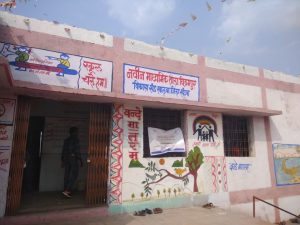
Even though the government schools existed, the Korkus had not been able to reap their benefits. The idea was to bring these children back to mainstream school through bridge education centres called Asha Kiran Centres and ensure that the students stay put after a re-enrolment.
Back to School
Working in close coordination with district education boards, government schools, community members, children and their parents, OneStage has been successful in sending 2,930 of the students (almost 98 percent), back to school over the past two years. The programme continues to mobilise community members, making them aware of the benefits of education. The USP of this programme is that the teachers have also been recruited from within the Korku tribe, in order to ensure community support. The teachers used Korku language to simplify and explain concepts that were otherwise difficult for the students to understand.
The Asha Kiran centres are run within the school premises before or after the school hours. Here, children are imparted with knowledge that is supplement to what they are taught in the school. The concept is very similar to that of coaching classes. Children within the age bracket of six to 14 years are enrolled in these centres and coached for nine months with regular tests and assessments and followed by three to four months of handholding and follow up. They are taught using innovative and interesting methods which include learning while playing, peer and group learning etc.

The centres are provided with adequate learning material both for students and teachers. Teachers are also motivated through regular orientation programmes, team meetings and handholding sessions. After six to nine months, the children are enrolled in classes corresponding to their age-group in government or government-aided schools.
Once this is done, the teachers at the centre also follow up with school authorities and keep a track of their progress and attendance. They interact with their parents regularly and ensure that the kids remain in school and perform satisfactorily.
Change within the community
The fact that the teachers and the on-ground project staff are from the same community, is an added advantage, as they can closely keep an eye on the progress of child even after the end of that year’s programme. Their regular interaction with the parents and other community members dissuade the parents from making their wards discontinue school to help them in their chores.
The success of the project can be gauged by the fact that the state government has appreciated it and the appointed many of the remedial teachers as guest teachers in local government schools. This has ensured a means of livelihood to the teachers even after the project ends due to lack of funds/grants. This also keeps the teaching staff motivated to keep up the good work.
The Korku tribe has been left on the fringes of development. But projects such as these ensure a positive, secure future for the tribe.
Search
Categories
Recent Posts
- A brief visit to a project site in Gurugram
- How was OneStage born?
- ‘The plight of people moved me, and the heroic efforts of frontline workers inspired me to support COVID Relief work’
- 7 ways to take care of your Mental Health during the pandemic
- 5 things you must keep in mind before forwarding information on COVID
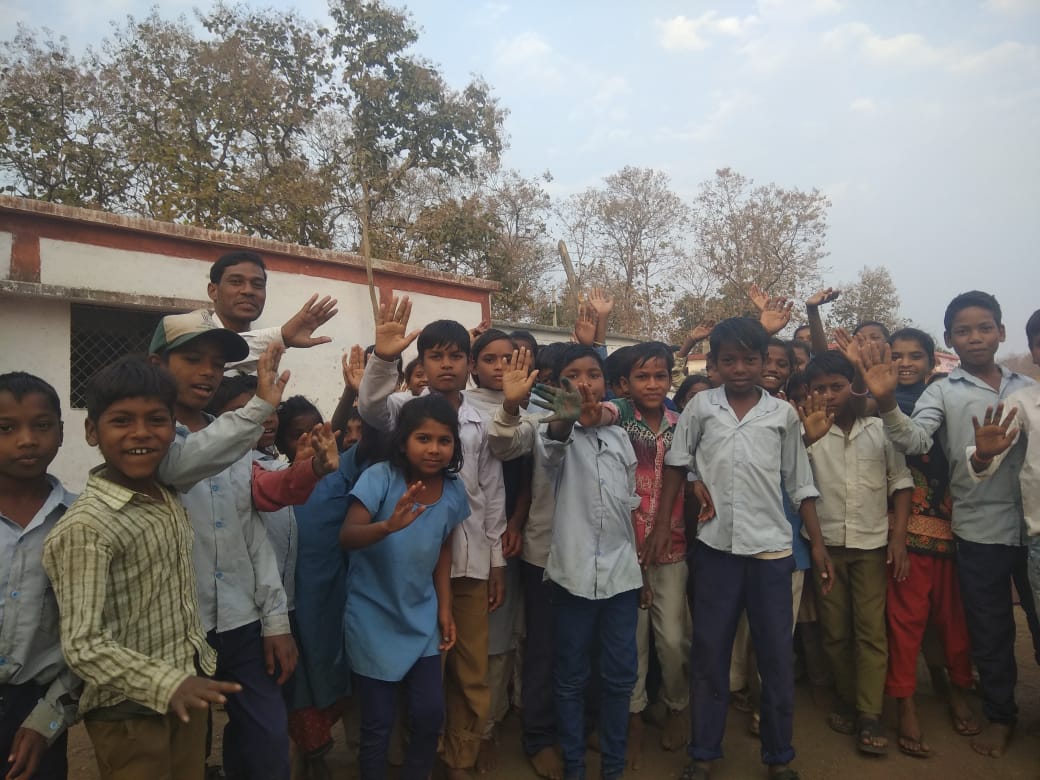




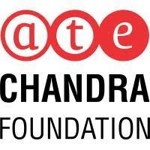

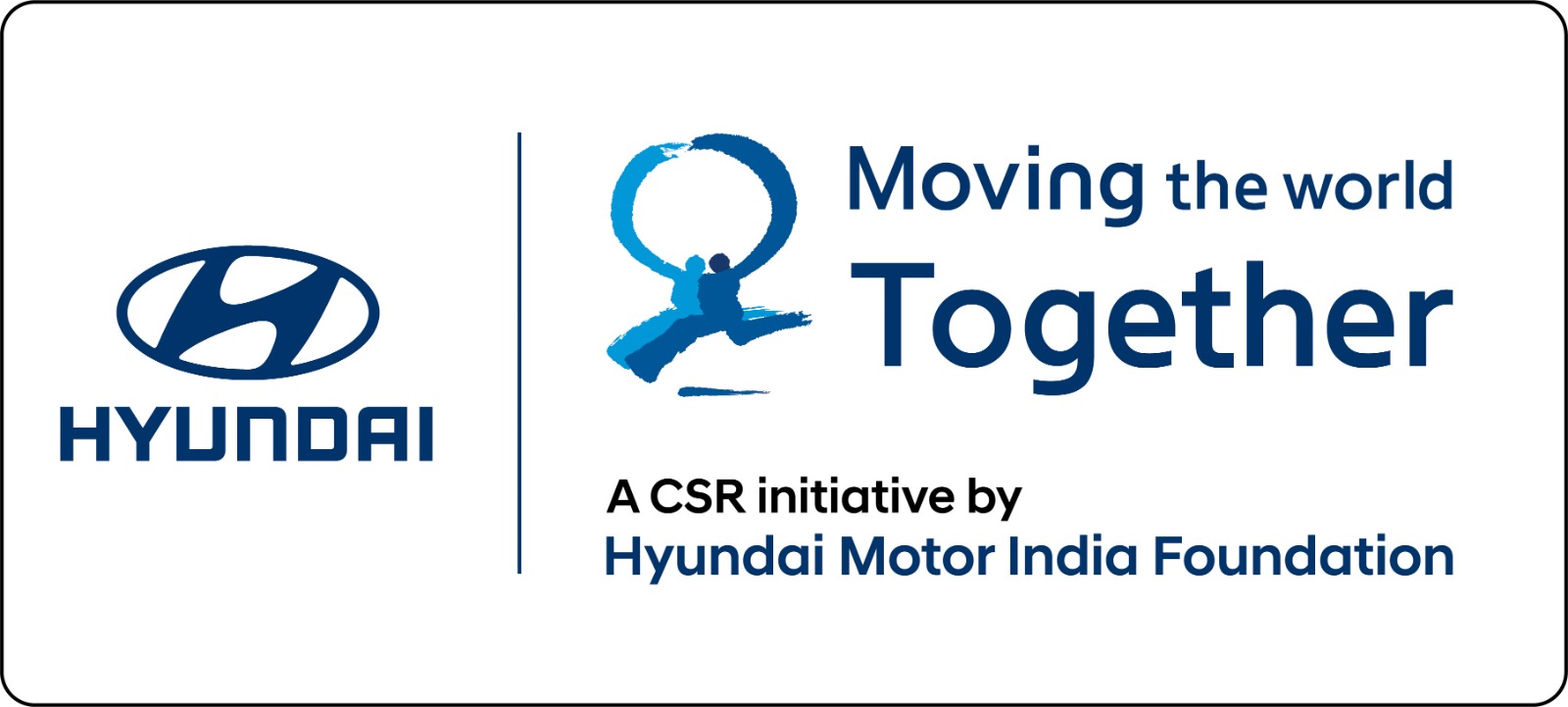


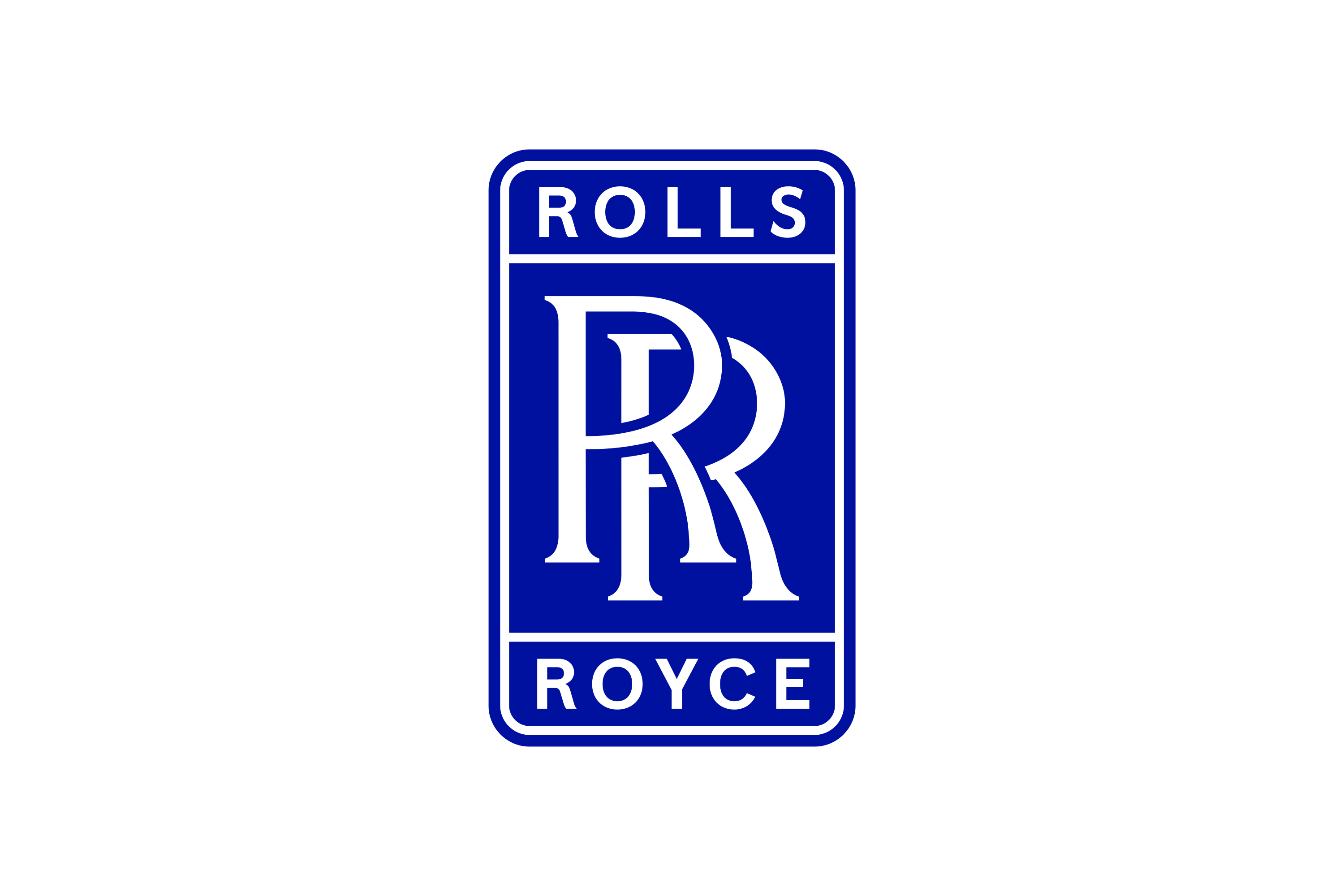
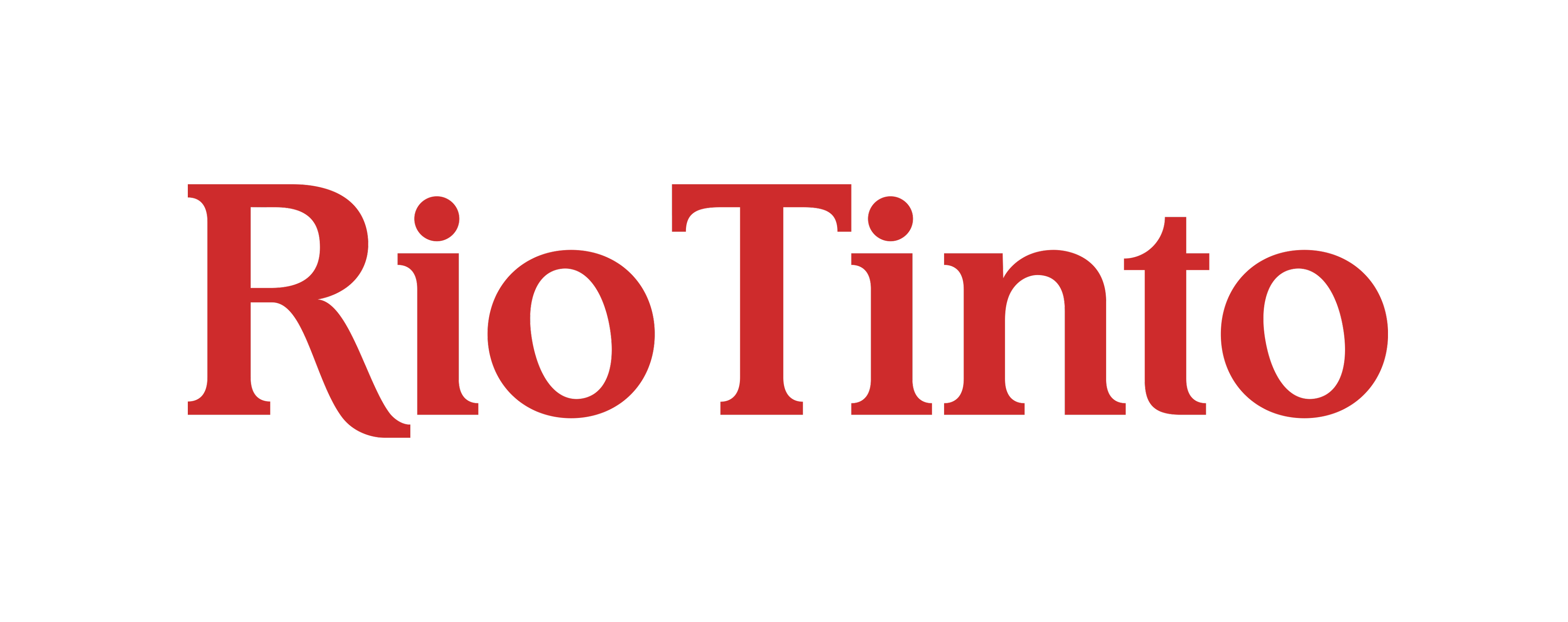
.png)

.png)

